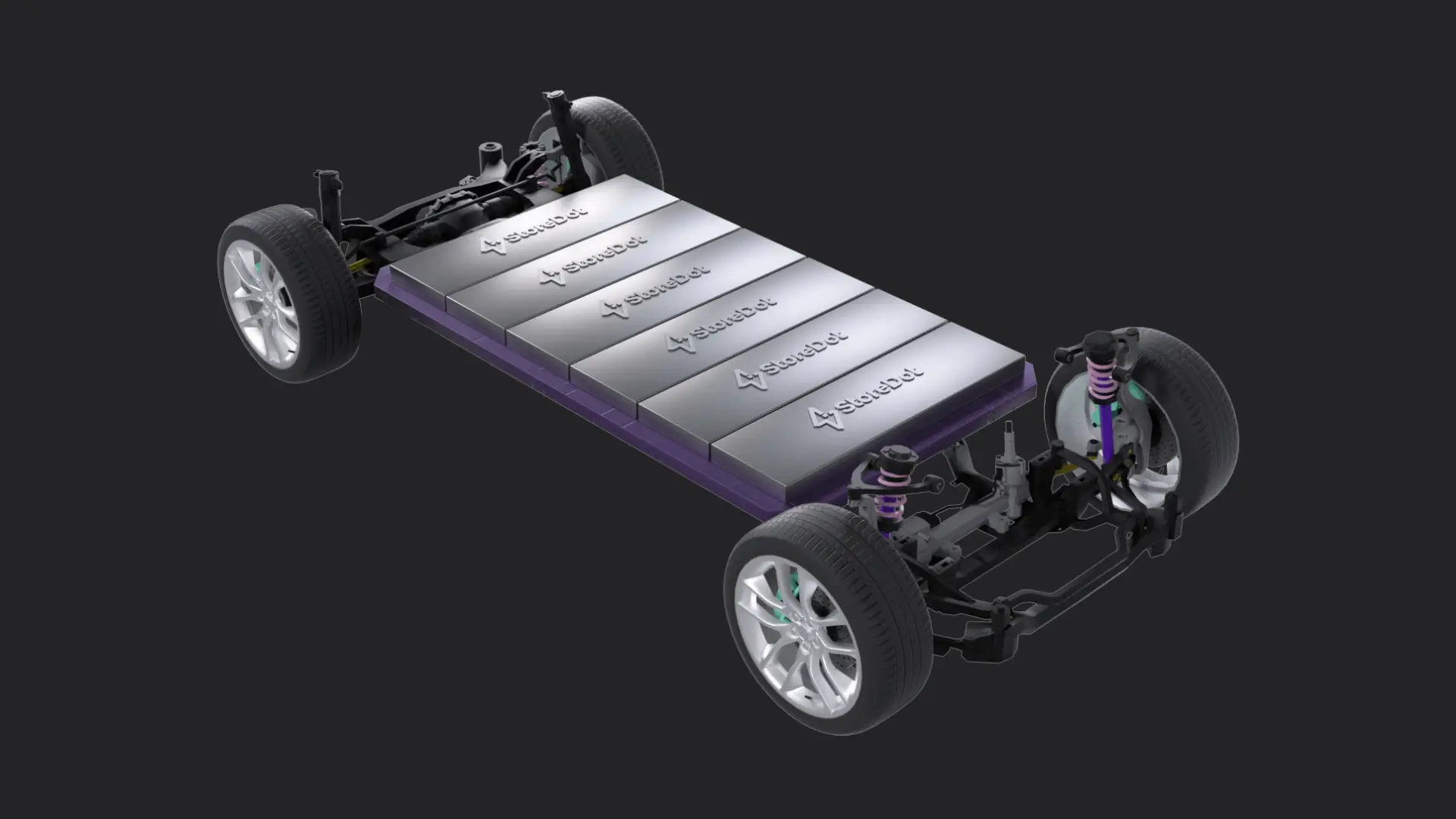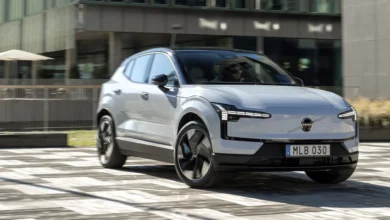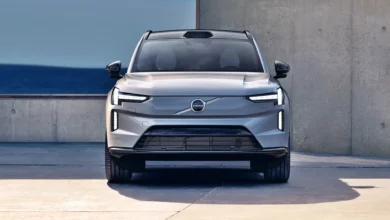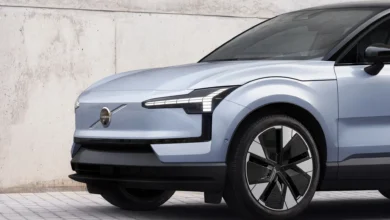
For years we have been telling you periodically about some promising batteries from the Israeli startup Storedot. Some XFC cells with a dominant silicon anode, capable of recovering the equivalent of a range of 160 kilometers in just 5 minutes of charging, will now have the collaboration of Volvo to accelerate their arrival on the market.
This collaboration between the Volvo Cars and StoreDot teams they hope will allow them to optimize the design of the XFC cells, to adapt them to future Volvo electric car architectures, and whose first results they hope will be ready to begin field testing next year.
According to Doron Myersdorf, CEO of StoreDot, “ This is a very important agreement for both StoreDot and Volvo Cars. Our teams are now working together at a good pace, developing B-sample cells for Volvo Cars’ next-generation all-electric architectures. There is a huge amount of work to do, optimizing all aspects of the system to meet Volvo’s demanding requirements. But we are confident that we will deliver our fast charging technology for real-world testing starting next year to allow Volvo Cars customers to benefit from our innovative XFC battery, which enables 160 miles of range in just five minutes. »
For his part, the Spanish Javier Varela, Director of Operations and Deputy General Manager of Volvo “ Volvo Cars is already a strategic investor in StoreDot, but this recently agreed collaboration takes our relationship one step further. We are delighted to work together to develop advanced sample cells for our future electric vehicles. There is a lot of work to do, but the opportunities to develop exciting new charging technologies together are enormous. We are eager to see the fruits of our labor tested in the real world .”
Recently, StoreDot published details on the performance of the testing and integration phase of the A prototypes of its cells. Comprehensive programs were carried out earlier this year by 15 brand manufacturers from Europe, Asia, and the United States, as well as several of the strategic partners in the StoreDot ecosystem.

Now a period of in-depth testing of the prototypes sent by Storedot is opening and which will be a first generation that the company has indicated will be followed by a second that will reduce the charging time to 3 minutes to recover those 160 km in 2028, and then up to 2 minutes in 2032.
The question is who will be the first to use this technology? Among the favorites are Volvo itself, its sister brand Polestar, which has recently invested in Storedot, and other groups such as Mercedes-Benz, which entered the company in 2017, or the Vietnamese manufacturer Vinfast, as well as manufacturers of Samsung and TDK batteries.
It has even been rumored that Tesla was also among the manufacturers that would have tested the prototypes of these batteries, although due to the secrecy with which the Americans work in this regard, at the moment there is nothing official.
The Potential of Storedot Dominant Silicon Batteries
Storedot’s XFC cells are a very significant evolution in the battery field. These cells use silicon as the main material in the anode, which makes a fundamental difference compared to traditional lithium cells.
Silicon has the advantage of being able to store a significantly greater amount of energy compared to the graphite used in the anodes of conventional lithium-ion batteries. However, the use of silicon has historically been challenging due to its tendency to expand and contract during charging and discharging, which can lead to structural damage and ultimately battery degradation. StoreDot has innovatively addressed this problem.

StoreDot’s technology is based on the silicon-dominant anode design, where silicon is used in a composite structure that minimizes expansion and contraction. This allows for fast charging without sacrificing battery life. Additionally, these XFC cells incorporate advanced electrolytes and high-performance cathode materials to ensure exceptional efficiency and capacity.
One of the most impressive features of StoreDot’s XFC cells is their ultra-fast charging capabilities. With this technology, users can charge their devices in minutes instead of hours. This has the potential to revolutionize electric mobility by significantly reducing the recharging time of electric vehicles.
In addition to fast charging, these cells offer advantages in terms of energy density, meaning they can store more energy in a smaller space.
In short, StoreDot ‘s silicon-dominant anode XFC cells want to lead the fast-charging revolution in the battery industry. Its capacity to charge in a few minutes, its greater energy density, and its long useful life, make this technology a very promising advance that has the potential to transform the way we move.
A “miracle battery” that, as we see, is receiving very strong support within the industry, and that should reach the market in a relatively short period.





